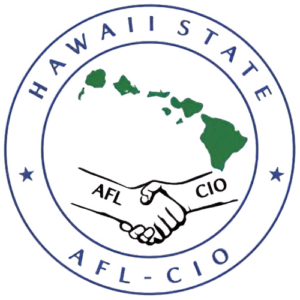Dear Fellow Faculty,
I am writing to you my colleagues, the faculty of the University of Hawai‘i, to express my concern about the apparent increasing distance between the Board of Regents and the students, faculty, and taxpayers of the State of Hawai‘i. This letter is triggered by my attendance at the last meeting of the BOR committee on personnel chaired by Ms. Coralie Chun Matayoshi. There were two police present throughout the meeting. And the subsequent full Regents’ meeting again had two police present. This seems to have become a policy.
I emailed the Chair of the Board of Regents to ask why a police presence was necessary. He did not reply but the Secretary of the Board (Ms. Cynthia Quinn) did: “Dear Mr. Duffy, Chair Moore forwarded your inquiry to this office. As you know, board meetings are public meetings. Security is a required protocol for crowd control to ensure the safety of the public, which includes the regents, administration, faculty and students. The board complies, and defers to security to determine how long and to what extent security will be provided at public meetings held on the University campuses.”
Is the board so fearful of the university community that it needs protection? What exactly is the threat that requires that the police be present? Angry Hawaiians? Irrational faculty? Dangerous students? Irate football fans? Or is the board just afraid of free speech? If anywhere is about free and frank speech, it is a university. Free speech can be loud and it can make us all uncomfortable but it is essential to the creation and dissemination of knowledge, which is what universities are all about. And I should note that faculty don’t require and probably never even imagined the need for a “required protocol for crowd control” in our classes, some of which have larger attendance than board meetings.
The university has big problems that need solutions. Some on the board think that standardizing university web page appearance and teaching equivalencies constitute solutions, but we can solve the big problems only when we know what we want the university to be. This is going to require a conversation involving the Regents, faculty, students, parents, legislators and taxpayers. This process may be uncomfortable and even heated at times, but it will not be facilitated by a mindset that needs protection from others in the conversation.
The Regents must take the lead in helping the university community to find common ground that can lead to solutions, but they won’t be able to lead until they are less worried about security and more about developing an environment where security is not a concern.
David Cameron Duffy
Professor and President
The University of Hawaii Professional Assembly



